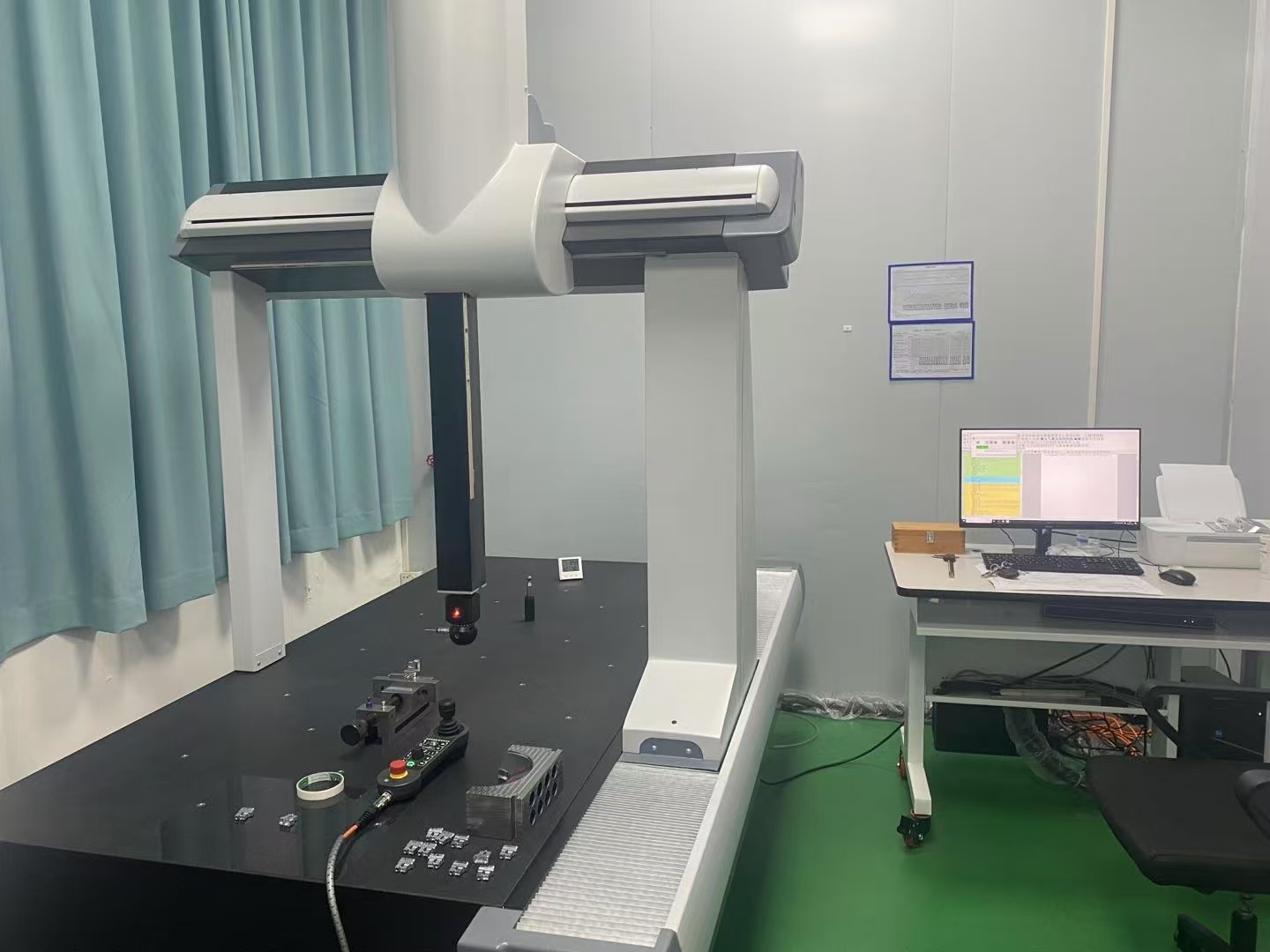Time to read: 6 min

Understanding CMM Machines
Coordinate Measuring Machines, often abbreviated as CMMs, are advanced tools used to measure the physical and geometric dimensions of parts with high precision. They operate on the principle of coordinate technology, allowing for the measurement of an object's dimensions along the X, Y, and Z axes.
Why CMM Machines are Necessary
The necessity for CMM machines arises from the limitations of traditional measurement methods, which are prone to errors and require a high level of expertise. CMMs provide a faster, more accurate, and reliable alternative, ensuring that parts meet the stringent quality standards required in various industries.
How CMM Machines Operate
CMMs can be categorized into two main types based on their measurement techniques:
- Contact Measurement: This involves the use of touch probes that physically contact the surface of the part being measured. The data is then transmitted to a computer system for analysis.
- Non-Contact Measurement: This method uses cameras or laser scanners to capture the dimensions without physical contact, which is particularly useful for delicate or soft materials.
Components of a CMM Machine
A typical CMM machine consists of several key components that work in unison to ensure accurate measurements:
- Probe: The probe is the primary tool for contact measurement, made from durable materials like ruby or zirconia to ensure accuracy and longevity.
- Granite Table: The granite table provides a stable and temperature-resistant base for the measurement process.
- Fixtures: These are used to secure the part in place during the measurement to prevent movement and ensure accuracy.
- Air Compressors and Dryers: Essential for maintaining the optimal operating environment of the CMM.
- Software: The software is crucial for analyzing the data collected by the probe and generating detailed reports.
Benefits of Using CMM Machines
The integration of CMM machines in the manufacturing process offers numerous benefits:
- Time and Cost Efficiency: CMMs reduce production time and costs by minimizing errors and the need for manual rework.
- Enhanced Quality Assurance: They provide a reliable method for dimensional analysis, ensuring that parts meet the required specifications.
- Versatility: CMMs can measure a wide range of parts, regardless of their complexity.
- Reduced Operator Dependence: As these machines are computer-controlled, they minimize the chances of human error.
Limitations of CMM Machines
Despite their numerous advantages, CMMs do have some limitations:
- Surface Contact Requirement: The probe must physically touch the part, which may not be suitable for delicate or soft materials.
- Material Sensitivity: Some materials, like certain plastics or rubbers, may be damaged by the probing process.
- Probe Selection: The choice of the appropriate probe is crucial for accurate measurements, and an incorrect selection can lead to errors.
Conclusion
Coordinate Measuring machines are indispensable in today's manufacturing landscape, offering precision and reliability that traditional methods cannot match. By understanding the components, operation, and benefits of CMMs, manufacturers can make informed decisions to enhance their production processes.
For top-quality CMM services and expert guidance in integrating these machines into your workflow, consider partnering with experienced providers like Unofactory. We offer comprehensive solutions tailored to your specific needs, ensuring that your products meet the highest quality standards.




